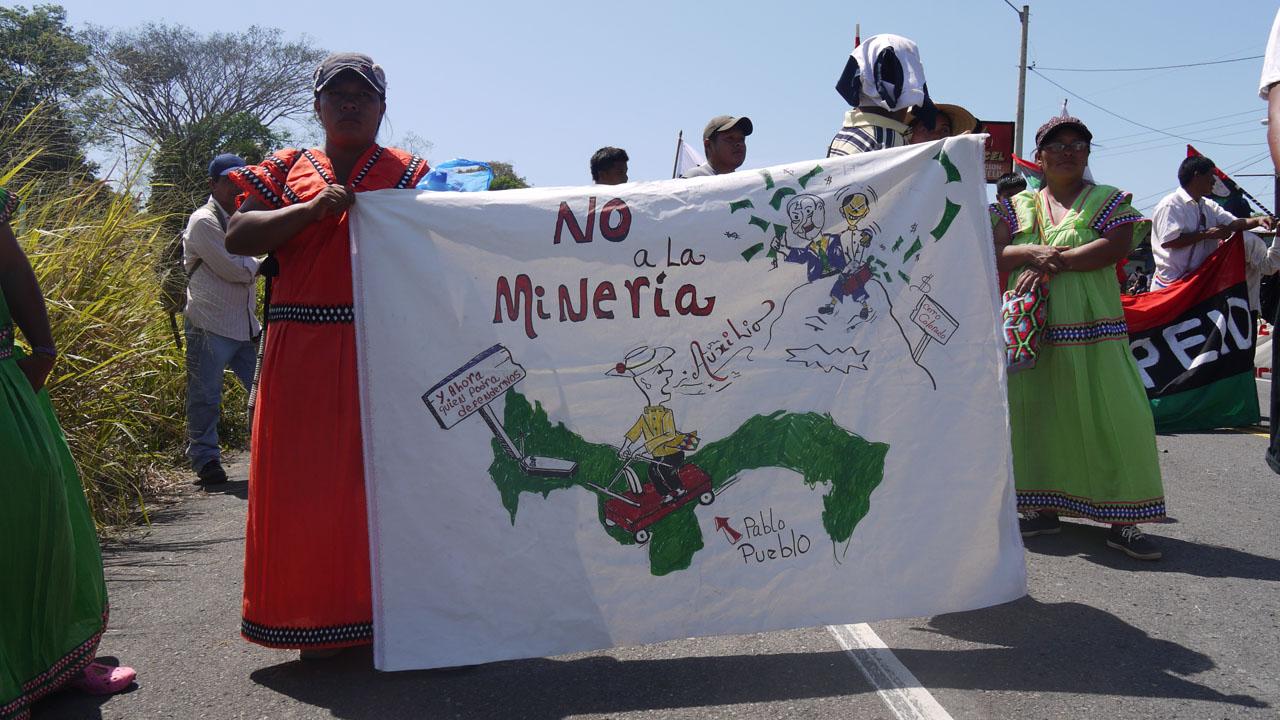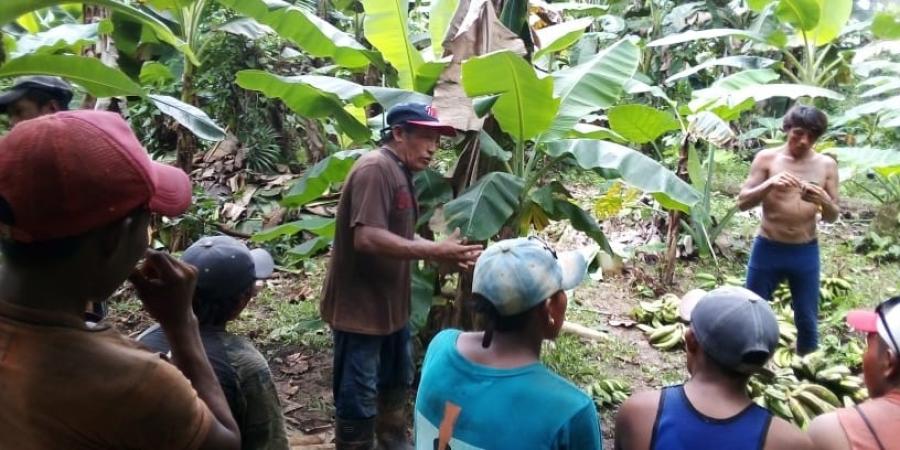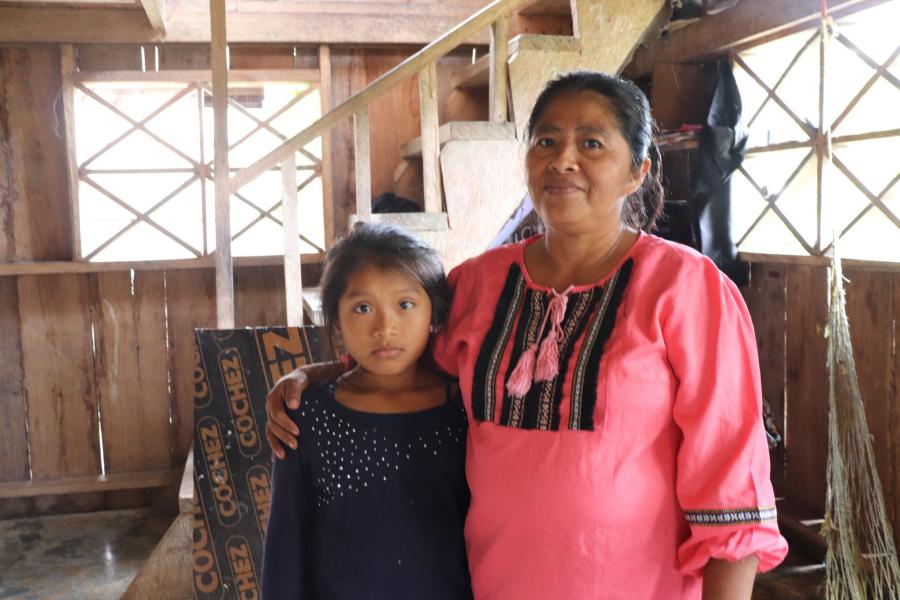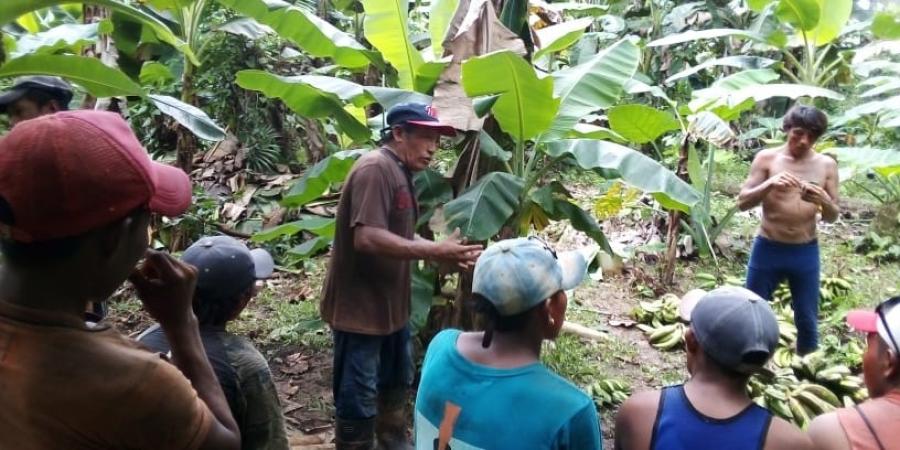
Ngöbe-Bugle leaders and Panama government officials reached an agreement last week that bans all mining in the Ngöbe-Bugle territory and requires community approval for any hydro-electric projects. The agreements were formed into the Special Law 415 and was debated at the National Assembly and approved during its second reading, yesterday.
Over the past year and a half, the Ngöbe-Bugle have relentlessly fought for their right to Free,Prior, and Informed Consent on mining and hydroelectric projects on their land. The government has repeatedly tried to force changes in a proposed mining law that do not reflect the demands and negotiations of the Ngöbe-Bugle people.
The Weekly News Update reported:
"The new agreement cancels all concessions for the exploitation of mineral resources in and near the Ngöbe Bugle territory and requires that any hydroelectric project the government plans in the territory will require approval by the indigenous authorities and will be submitted to a referendum of the area’s residents. The Ngöbe-Buglé are to receive 5% of the annual billing from the projects, and at least 25% of the non-specialized jobs at the projects are to go to indigenous people or other residents of the area. The accord is now part of a proposed Article 5 of Special Law 415 on mining, which goes to the National Assembly’s Commerce Committee for debate starting on Mar. 19.
The accord is backed by Ngöbe-Buglé leader (“cacica”) Silvia Carrera and by Rogelio Montezuma, leader of the Coordinating Committee for the Defense and Rights of the Ngöbe-Buglé People, but the agreement may not end the protests. Ngöbe-Buglé deputy leader Mijita Andrade opposes the accord, as does the Ngöbe-Buglé General Congress, which represents the traditional indigenous leadership and doesn’t recognize officials like Carrera who were chosen in elections organized by the government’s Electoral Tribunal. The negotiators “ended up giving in to the interests of the government and the hydroelectric companies,” General Congress president Celio Guerra told the AFP wire service."
At 10am today, a group of the Ngöbe-Bugle again took to the streets in protest, closing four lanes of the Pan-American highway to express disagreement with the agreement reached by the leadership of Silvia Carrera, particularly regarding the point that permits hydro-electric projects once they have been subject to approval by affected community members. The Ngöbe-Bugle community has been clear that they will accept no hydro-electric projects in their territory. Other groups, including the Ngöbe citizens assembly, have declared their support for Carrera and her negotiations with the government.



